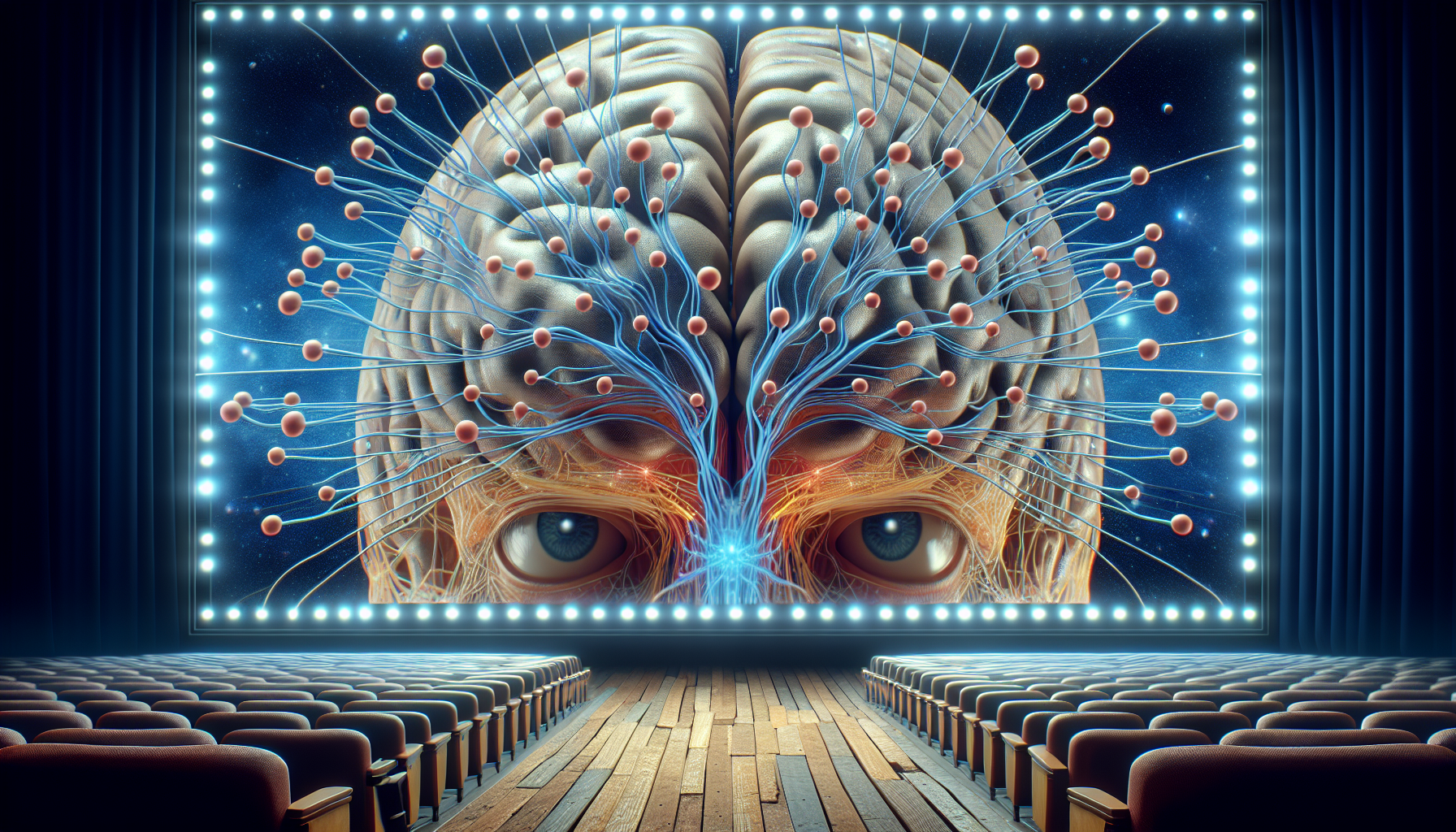For decades, the prevailing theory in mental health has been that depression results from low serotonin levels in the brain. This concept has significantly influenced treatment approaches, leading to the widespread use of selective serotonin reuptake inhibitors (SSRIs) designed to increase serotonin availability. However, a comprehensive review published in *Molecular Psychiatry* in July 2022 casts doubt on this theory. The study, led by Professor Joanna Moncrieff at University College London, analyzed numerous meta-analyses and systematic reviews, concluding that there is no convincing evidence linking depression directly to serotonin abnormalities. The researchers found that neither serotonin levels nor its activity were consistently lower in individuals with depression compared to healthy controls. This challenges the foundational understanding of depression's biochemical basis and calls into question the mechanism by which SSRIs exert their effects.
The implications of this research are profound, urging a reevaluation of how depression is conceptualized and treated. If serotonin deficiency isn't the primary cause, it suggests that other factors, such as life stressors, genetics, and environmental influences, play a more significant role in the onset of depression. This perspective aligns with the biopsychosocial model, which considers biological, psychological, and social factors in understanding mental health. Consequently, treatment approaches may need to shift towards a more holistic view, integrating psychotherapy, lifestyle modifications, and social support systems alongside or instead of pharmacological interventions. This paradigm shift emphasizes the importance of personalized care and the need for ongoing research to uncover the multifaceted nature of depression.
Key Takeaways
- Recent research challenges the serotonin deficiency theory of depression.
- SSRIs' effectiveness may not be due to increasing serotonin levels.
- Depression may result from a complex interplay of factors beyond serotonin.
- Holistic treatment approaches are gaining importance in mental health care.
- Ongoing research is essential to fully understand depression's causes.
Example
To align your mental health care with this evolving understanding of depression, start a holistic self-care plan that tracks more than just mood—include daily stressors, sleep quality, social interaction, and physical activity. Use a mood-tracking app that allows journaling and tagging events (e.g., Daylio or Bearable). Complement this with lifestyle interventions backed by evidence: 20 minutes of daily movement (like walking or yoga), structured social time weekly, and at least 7–8 hours of sleep nightly. If possible, explore psychotherapy modalities like CBT or ACT, which target thought patterns and behavior, not just neurochemistry. This integrated approach supports mental health from multiple angles, reflecting the biopsychosocial model’s strength over serotonin-centered paradigms.
